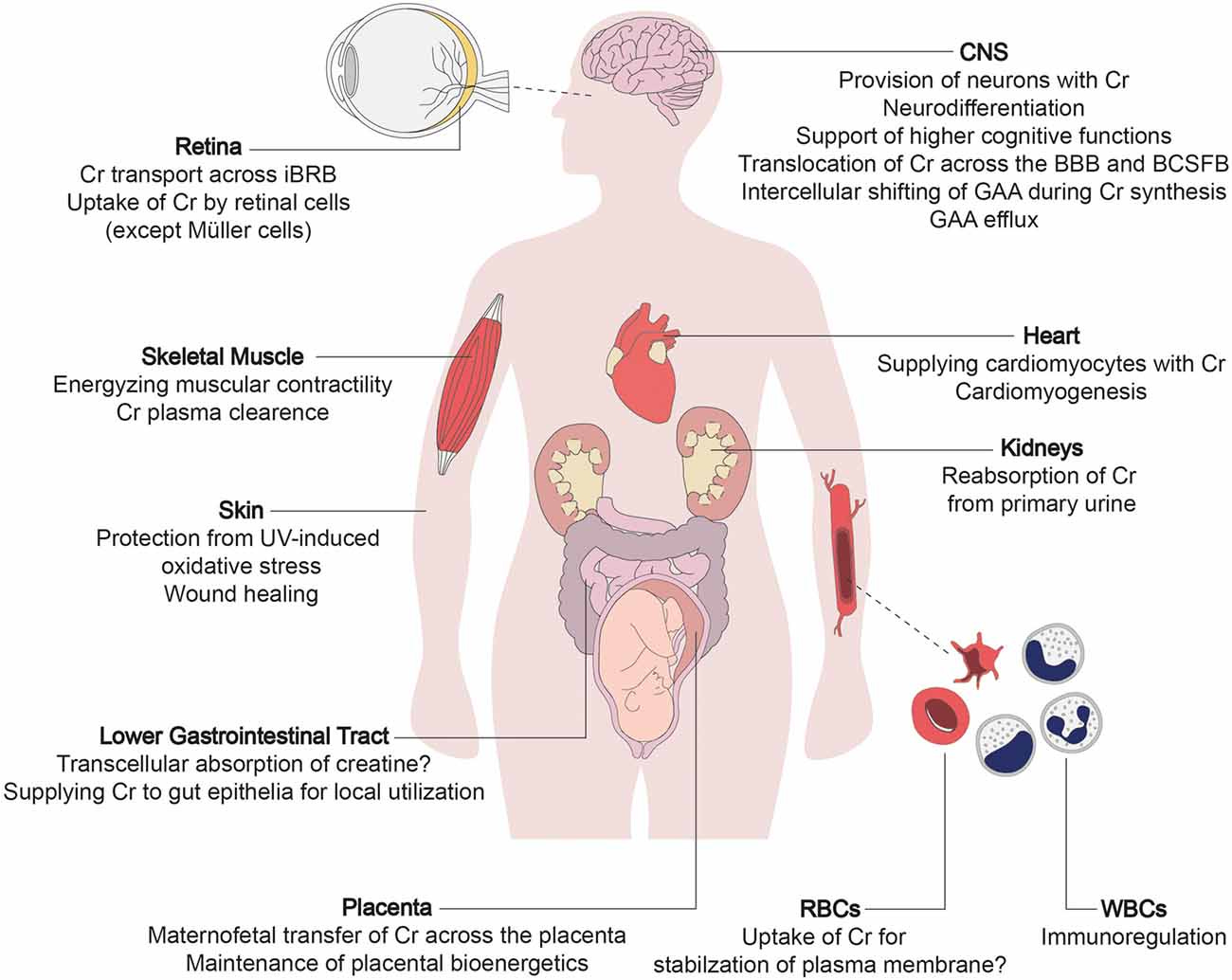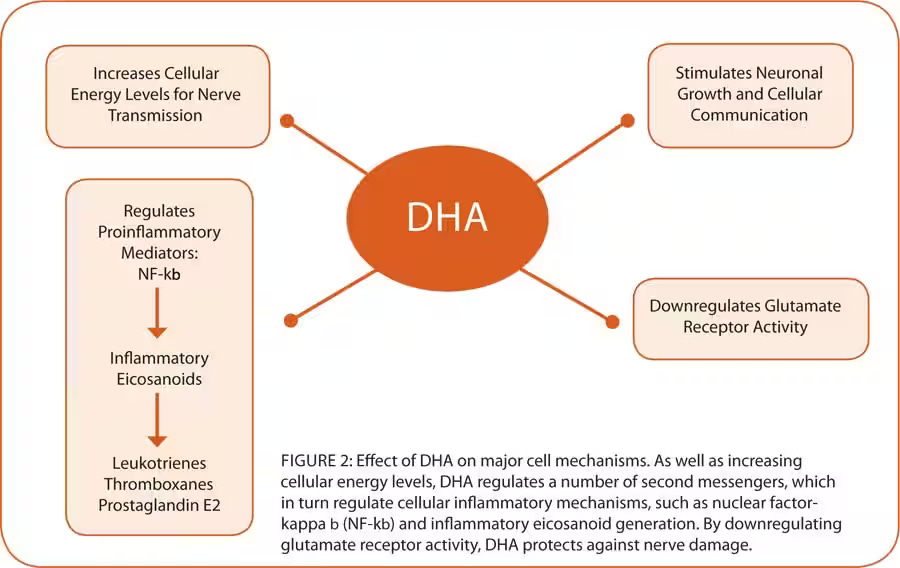3 Key Supplements for Optimal Brain Function
Answering all of your questions
Neuro Athletics is a 2 x weekly newsletter that breaks down the medical and scientific practises that you need to perform at your peak. Subscribers include professional athletes, athletic trainers, coaches and casual fans. So if you are not already a subscriber, sign up and join 67,000+ others who receive it directly in their inbox each week — it’s free.
Today At A Glance:
What are the low hanging fruits that you can do right now to instantly improve the health and function of your brain? Today's newsletter outlines a series of fundamental basics that you should know if you are wanting to improve your brain health and function no matter what age you are or what you are optimising for.
Inside Tracker Offers The Premium Service For Bloodwork
If you’ve been following me for a while, you’ve heard me talk a lot about the benefits of regular blood testing for health optimization, which is why I love InsideTracker. InsideTracker uses data from your blood, DNA, and fitness trackers to give you personalized and science-backed recommendations on how to feel your best.
The best part?
You can now get your ApoB levels checked with Inside Tracker to give you a clearer picture of your ASCVD risk.
Inside Tracker provides a clear action plan for your diet, supplements, workouts, and other lifestyle choices like ways to improve sleep and reduce stress.
If you’re ready to get a crystal clear picture of what’s going on inside your body, check out InsideTracker’s ultimate plan.
Neuro Athletes,
I want to tackle a topic that's not only crucial but also one I'm frequently asked about: the scientific intricacies of supplements that can profoundly impact brain health and function. As a neurophysiologist and human performance coach, I understand the critical need for precise, evidence-based information in enhancing cognitive abilities. This isn't just about improving performance or thinking faster; it's about fundamentally enhancing your quality of life through a longer, healthier brain function.
I want to preface this newsletter by letting you know that while supplements can play a significant role in enhancing brain health, they are just one piece of a much larger puzzle. The foundation of optimal brain function rests on key lifestyle factors: regular exercise, quality sleep, proper nutrition, and adequate hydration. These aren't just good practices; they're non-negotiable for anyone serious about their cognitive health.
Firstly, let's talk about exercise. Physical activity is crucial because it increases blood flow to your brain. This isn't just about delivering oxygen and nutrients; it's about clearing out waste products that can impair brain function. Then there's sleep, which is not just restorative downtime. It's a critical period where your brain consolidates memories and cleanses itself of toxins.
Nutrition is another cornerstone. The brain requires a constant supply of fuel and specific nutrients to function optimally. A diet lacking in essential nutrients can lead to cognitive decline. And let's not forget hydration. Even mild dehydration can impact your ability to concentrate and process information.
Supplements, as the name suggests, are meant to supplement these lifestyle interventions. They can enhance and support the brain health benefits you’re already cultivating through your lifestyle choices.
So, while it's important to discuss and understand the role of supplements, it's equally important to recognize that they work best when they're part of a holistic approach to brain health.
1. Creatine: Muscle Enhancer and Cognitive Booster
Creatine, widely acknowledged for its muscle enhancement capabilities, is also a potent cognitive booster, known for:
Memory Function Enhancement: It potentially boosts memory by modifying brain energy dynamics, increasing the availability of ATP, the energy currency of the cell.
Safe for Long-term Use: Extensive safety studies indicate no negative health impacts, including on kidney function, making it a reliable long-term supplement.
Brain Energy Metabolism: By increasing phosphocreatine levels in the brain, creatine plays a crucial role in replenishing cellular energy, crucial for high-demand brain activities.
Dosage: 5g/ day
2. Omega-3 Fatty Acids: Essential Brain Nutrients
Omega-3 fatty acids, especially DHA, are fundamental for brain health, offering:
Structural Component of Brain: DHA constitutes about 20% of the brain's lipids, essential for maintaining the integrity and functionality of brain cells.
Anti-Inflammatory Properties: Omega-3s offer potent anti-inflammatory effects, crucial in combating chronic brain inflammation linked to cognitive decline.
Cognitive Health Enhancement: Regular intake of EPA and DHA is associated with improved cognitive function, particularly in memory and processing speed.
Dosage: 2g of EPA and 2g of DHA per day
3. Vitamin D: More Than Just a Vitamin
Vitamin D, often lacking in the general population, is pivotal for brain health, with its roles including:
Steroid Hormone Function: Beyond being a vitamin, it acts as a steroid hormone, influencing genetic expression crucial for brain function, including serotonin production.
Mood and Cognitive Function: It plays a key role in mood regulation and cognitive functions, with deficiencies linked to depression and cognitive decline.
Supporting Brain Development: Essential for brain development and function, Vitamin D is particularly crucial during life stages such as aging and adolescence.
Dosage: 5000IU/ day
Your Brain Health: A Priority for Optimal Living
Our focus on supplements like creatine, omega-3 fatty acids, and Vitamin D is not just about enhancing brain function; it's about providing a foundation for a healthier, more vibrant life. These supplements, coupled with a balanced diet and active lifestyle, are key to maintaining your cognitive health and overall well-being.
I hope you enjoyed this one.
Let me know your thoughts below.
Until next week,
Louisa x







Excellent information! Thanks for this.
Do you have any thoughts on mushroom supplements for brain health as well?
Great article. How important to you is it that you each of these supplements be pure in their constitution? Comparing a fish oil off the Walmart shelf to a more expensive supplement company. Do you think the cognitive benefits are still found in the cheaper options?
Thanks.